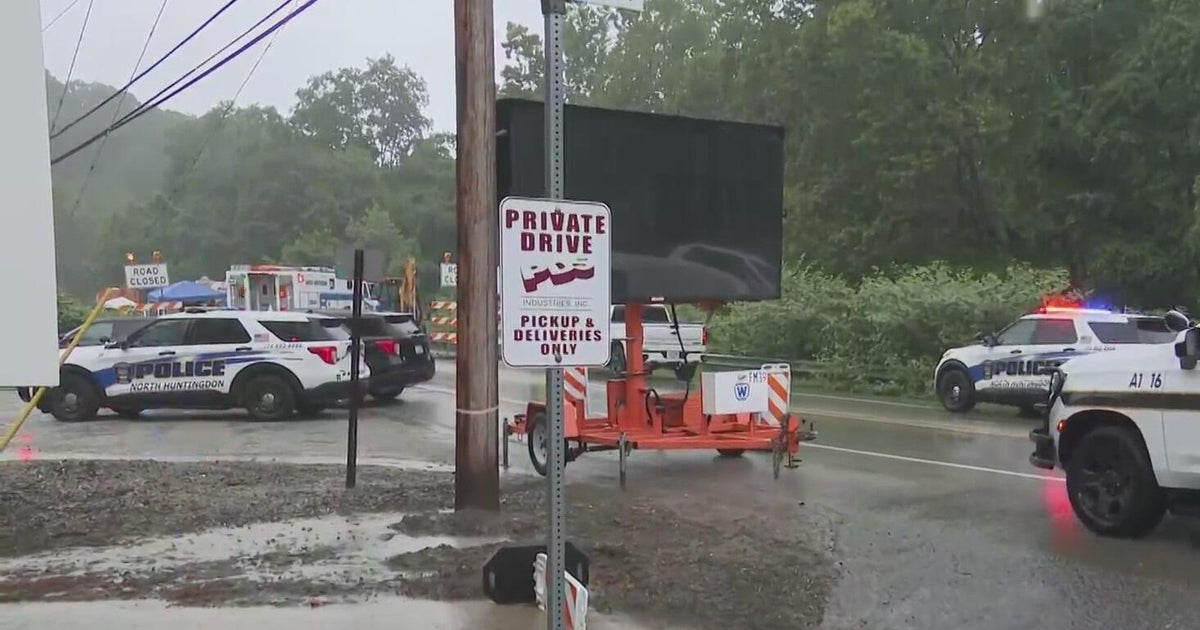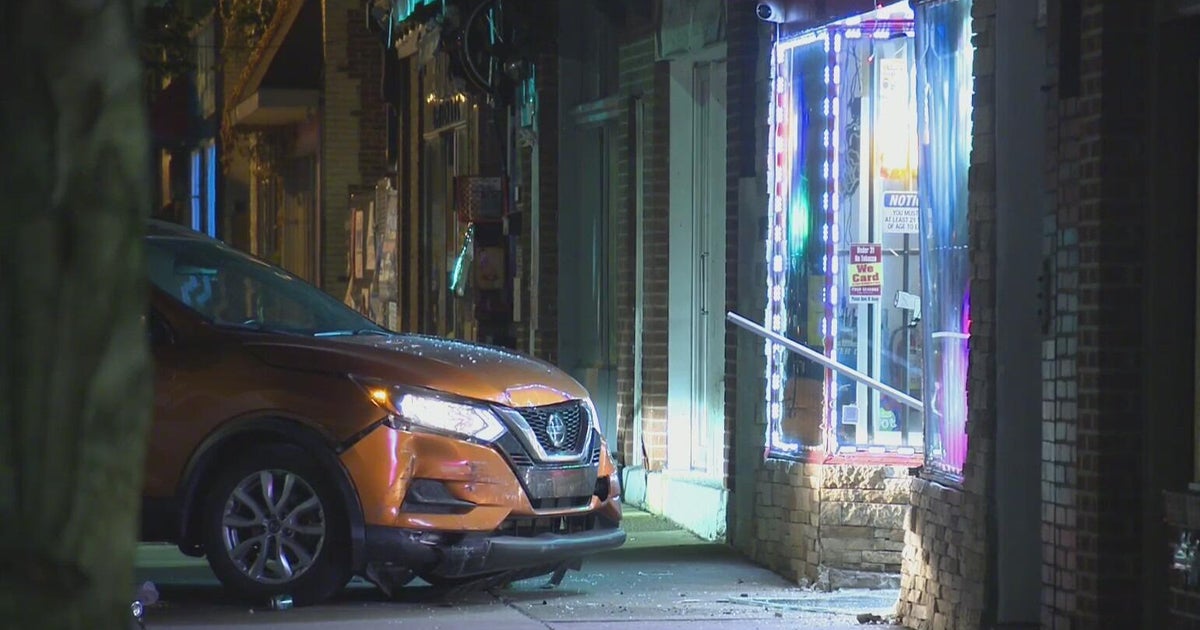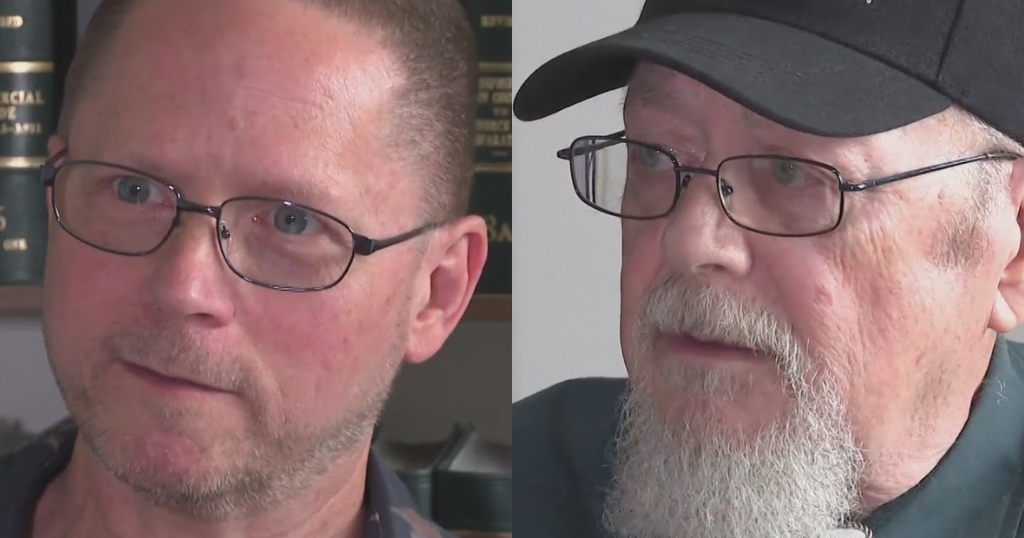West Virginia University To Study Effect Of CBD On Drivers With First-Of-Its-Kind Simulation
MORGANTOWN, W. Va. (KDKA) -- If it seems like CBD products popped up everywhere, it's because they did.
The 2018 passage of the U.S. Farm Bill paved the way for legalized industrial hemp, and an explosion of CBD products hit the market.
CBD oil is touted as a "magic elixir," capable of easing anxiety and insomnia, but does it impact driving? KDKA Investigator Meghan Schiller traveled to West Virginia University for a behind-the-scenes look at the first-ever driving simulation study, hoping to answer that very question.
In a basement room, tucked away on WVU's campus, you'll find the Driving Simulation Lab.
Senior Sydney Durrah wouldn't say she's a good driver, but she offered to show KDKA how the simulator works. It's equipped with a steering wheel, pedals and turn signals — with a computer screen to watch the road, pedestrians and stop lights.
Durrah calls it a virtual reminder she should pay more attention.
"I'm probably a lot more casual than I should be when I drive my actual car," Durrah said.
The small room will host the first experimental study on CBD oil and driving, run by Professor Toni Marie Rudisill.
"I'm an injury epidemiologist. So I study what everyone shouldn't be doing behind the wheel," said Rudisill, a researcher at the West Virginia University School of Public Health.
Professor Rudisill studies drunk driving, distracted driving and medications that impact driving.
"What most people don't realize is that driving is the most dangerous thing people do in a day," the professor said.
When she started seeing signs and displays of CBD oil popping up around campus, she started wondering:
"It was just sort of one of those moments where I looked at that and it's saying help with sleep, help relax, and I just thought: I wonder what it's doing?"
To answer her question, she's recruiting willing participants to spend the day in her lab for a controlled study. Some will receive a placebo, and some will ingest CBD oil before using the simulator.
"Basically, we flavor it with peppermint oil to kind of mask the taste a little bit. ... We have them take it orally," said Rudisill.
Rudisill told KDKA that participants who do receive the CBD oil will ingest 3 ML or a 300 mg dose of CBD oil. She believes since the widespread use of CBD oil is so new, scientists don't yet understand the ways it affects drivers, if at all.
"The whole goal is basically to see what we do see because there isn't a lot of research out there on CBD and driving performance. There's virtually nothing," said Rudisill.
Collisions, lane departures, turn signal usage and swerving are just some of the ways the simulator will judge the level of impairment.
"How many centerline crossings, how many side crossings, just swerving as you would when you think of someone being impaired by alcohol," said Rudisill.
Once the study wraps up, WVU will share the findings online before searching for funding to conduct a larger study to test more doses.
"There's lots and lots of medications, there's a lot of things over the counter that we don't know much about, not just CBD but other things in general that we maybe don't think about," said Rudisill.





